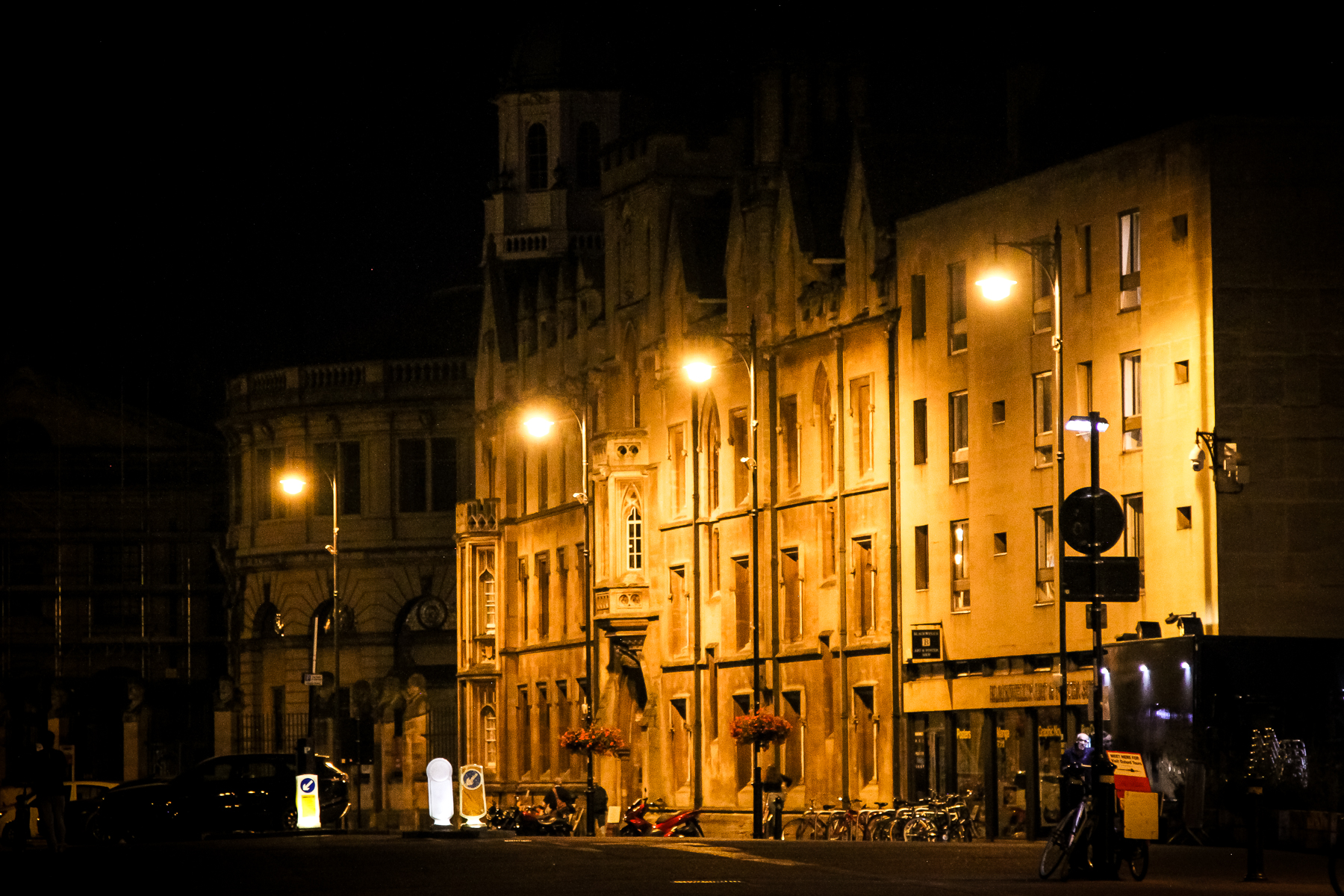Writing is an act of communion.
When a writer takes the work of their heart and mind and offers it to another who reads it through their own heart and mind, a relationship is established. Ideally, the writer has been made better for the writing and giving, and the reader for the reading and receiving. Offering any art form to another person is a bit scary because we can’t force others to receive it, and if they do, we can’t control the ‘lens’ they view it through. All this mirrors our Creator as He offers to us the many works of His hands so that we might choose to commune with Him through them. Even in mankind’s creation we were made from communion: “Let Us make man in Our image” (Genesis 1:26a, KJV), of communion: “(God) breathed into his nostrils the breath of life” (Genesis 2:7b, KJV), and for communion: “It is not good that the man should be alone.” (Genesis 2:18b, KJV)
From the beginning to the end, and beyond, communion is the foundation of existence.
We have been made from it, of it, and for it.
![]()
However, like everything on this side of Eden, community does not always come easily. The ‘thistles and thorns’ that curse the ground after the fall can grow in relationships too. For those of us with strong imaginations, sensitive spirits, and impulses that bend toward introversion, sometimes making worlds in our mind or on paper or on a canvas feels safer than living in the real one with real people. The work can be a way to reach out to others, while feeling a bit of ‘safe’ separation from them. That’s not to say that it doesn’t hurt deeply when our work is criticized or rejected, but it’s probably easier for someone to reject our book or painting than reject our personhood to our face. The tension of feeling compelled to produce work and offer it to another, combined with the impulse to pull back and hide behind barriers, is what God knew mankind would struggle with outside of the perfect communion of the garden. We feel these conflicting emotions frequently. In one moment we are delighted to see old friends, but then in the next moment we remember past hurts, or perhaps shame over something we did to them. Social media seems the current method of feeding the need for connection, while also maintaining a barrier to keep us from being vulnerable. But even the fact that we keep scrolling shows that the pull towards connection is real. As scary as it is, we must admit that even for those with strong imaginations, sensitive spirits, and impulses that bend toward introversion, ‘it is not good for man to be alone.’
We are still called to commune with God and we are still called to commune with one another. A place God established that brings both callings together is the church. Yet for many the church has been a place where the ‘thistles and thorns’ have stung all too sharply. The church is called the ‘Body of Christ’ and Scripture insists that each part of the body is needed (1 Corinthians 12:12-27), yet, some parts have felt underutilized at best, and amputated at worst. Though the Scriptures say that one part cannot say to the other “I have no need of you”, it can sometimes feel like the ‘hands’ would be perfectly happy if the Body of Christ were just a ball of fingers, and can passively or directly treat other parts as expendable, or that they should really try to act more like ‘hands’ if they want to be of use.
This issue is not unique to ‘hands’ though. If there were twice as many ‘eyes’ and the ‘eyes’ got to set things by their preferences, they might under-appreciate the ‘hands’.
Community is hard. But even so, it is not good for man to be alone.
![]()
For those with strong imaginations, sensitive spirits, and impulses that bend toward introversion, the modern church can be particularly challenging to navigate. Though the arts are how the historic church proclaimed The Story to the world, too often we observe a dismissal of that work today. Perhaps it’s because we are inundated with media, and maybe the contemporary consumer has grown accustomed to assuming such work is inherently manipulative or only for shallow entertainment. We have lost the ‘awe’ of the arts and how valuable such work can be even to our spiritual lives. Therefore, the makers in our midst go unappreciated and often feel an imposed false choice between participating in community and practicing their craft. Lack of recognition from their communities did not ultimately define the work of so many makers that continue to bless the world long after their passing. Christ especially knows what it’s like to offer something that is not immediately received. “While we were yet sinners, Christ died for us.” (Romans 5:8, KJV) And conversely, for makers, finding our identity only in the work itself is often a shield that can keep us from receiving the gift of community more fully. How much better we are when the work is a gift offered to community, made out of the love of that community (even if that gift is not always received as we would hope.)
But more so than just having our work rejected, we sadly know that there are darker perils possible in the church. The call for community is not an endorsement of abuse, nor is it a command to endure it silently. There is much in Scripture that condemns taking advantage of others, especially those most vulnerable and in need of community. When trust is irreconcilably broken it may be time to leave, heal, and do the hard work of untangling our religion from the voices of others so we can find our First Love again. But the ache of community rupture is great because the need for community is great. In time, with help and healing, there will likely be a call to return to a body (not necessarily the previous one) whether that body meets in a cathedral, a wooden building with a steeple, a multi-purpose room, or a living room where ‘two or three are gathered’. (Matthew 18:20, KJV) Even though we’ve been hurt, it is still not good for man to be alone.
Communion, as the name suggests, is a sacrament we partake of in community, both with God and each other. When we take the bread – ‘His body’, we receive it with ‘His body’ the church. “Take, eat.”(Matthew 26:26b, KJV) To take is to receive, and to eat is to let it become part of us. The same is true of community. Being formed by fellowship can be wonderful, but it can also be frightening. For those who have been given the gift of seeing the beautiful things in the world and sharing them through their art, there can also come a keen awareness of what is not beautiful too. In seeing the broken places in any community we may wish to stay out entirely lest we ‘become just like them’. Scripture certainly says ‘bad company corrupts good morals’ (1 Corinthians 15:33, NASB), but it also exhorts us ‘not to give up meeting together’ (Hebrews 10:25, NIRV). Scripture judges harshly any ‘house of prayer for all nations’ that becomes a ‘den of robbers’(Mark 11:17, NASB), yet the old adage is also true: “If I ever found ‘the perfect church’ it would cease to be so the minute I walked into it.”
If fearing the ‘thistles and thorns’ of a community keeps us from receiving the gift of community it will be much more difficult to have our own ‘thistles and thorns’ removed.
Church is at its best when we are not pulling at each other’s weeds, but rather bearing witness to one another of God’s love as He cultivates our hearts. His body was broken and wounded by thorns, yet was raised to new life. So it is with His body, the church. As our artistic endeavors find wholeness when they are received by another person, we become more whole when we receive the broken, prickly, wonderful, challenging, heartbreaking, heart-mending gift of community. The way we receive that gift is love.
“Love is patient, love is kind. It does not envy, it does not boast, it is not proud. It does not dishonor others, it is not self-seeking, it is not easily angered, it keeps no record of wrongs. Love does not delight in evil but rejoices with the truth. It always protects, always trusts, always hopes, always perseveres. Love never fails.” 1 Corinthians 13:4-8a, NIV
Love is the ultimate art form. Love is communion.
![]()
The featured image, “Oxford Street at Night” is courtesy of Lancia E. Smith and is used with her glad permission for Cultivating.
Adam Nettesheim is Director of Fellowship for The Cultivating Project, and a columnist for Cultivating magazine. Through writing and illustrating, Adam seeks to pull on the golden thread that leads us Homeward. Adam is a ‘Multi-Media Specialist’ by day at a municipality in Colorado but his most important (and favorite) work is husband to his wife Sarah and father to his 3 children. His writing (and a few other things) can be found at https://adamrnettesheim.com/.
Leave a Reply
A Field Guide to Cultivating ~ Essentials to Cultivating a Whole Life, Rooted in Christ, and Flourishing in Fellowship
Enjoy our gift to you as our Welcome to Cultivating! Discover the purpose of The Cultivating Project, and how you might find a "What, you too?" experience here with this fellowship of makers!


Add a comment
0 Comments